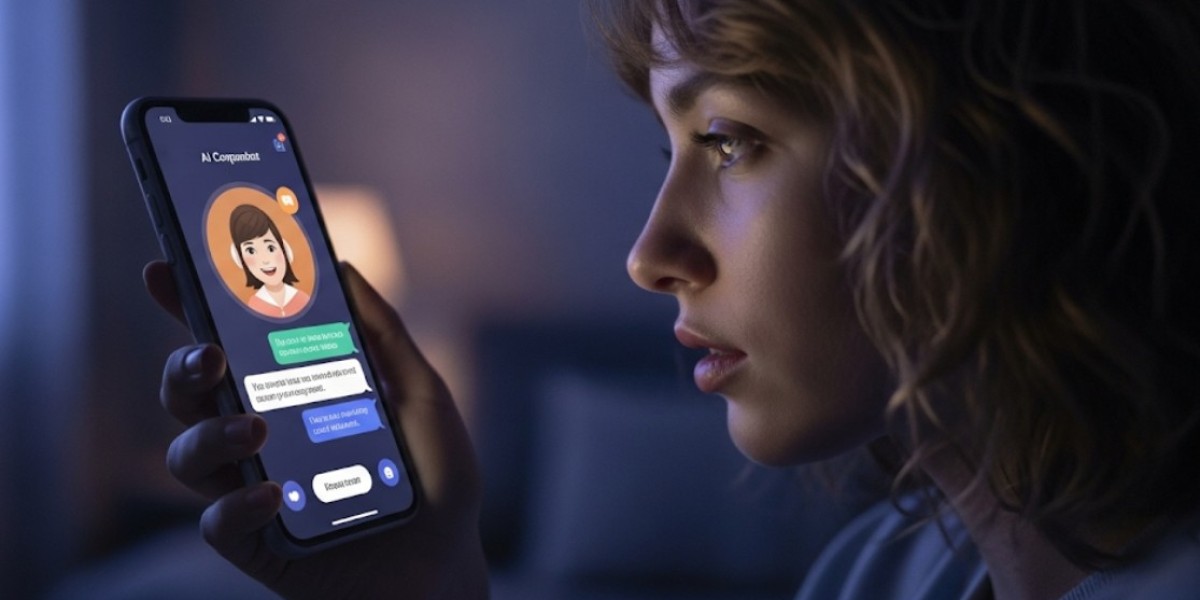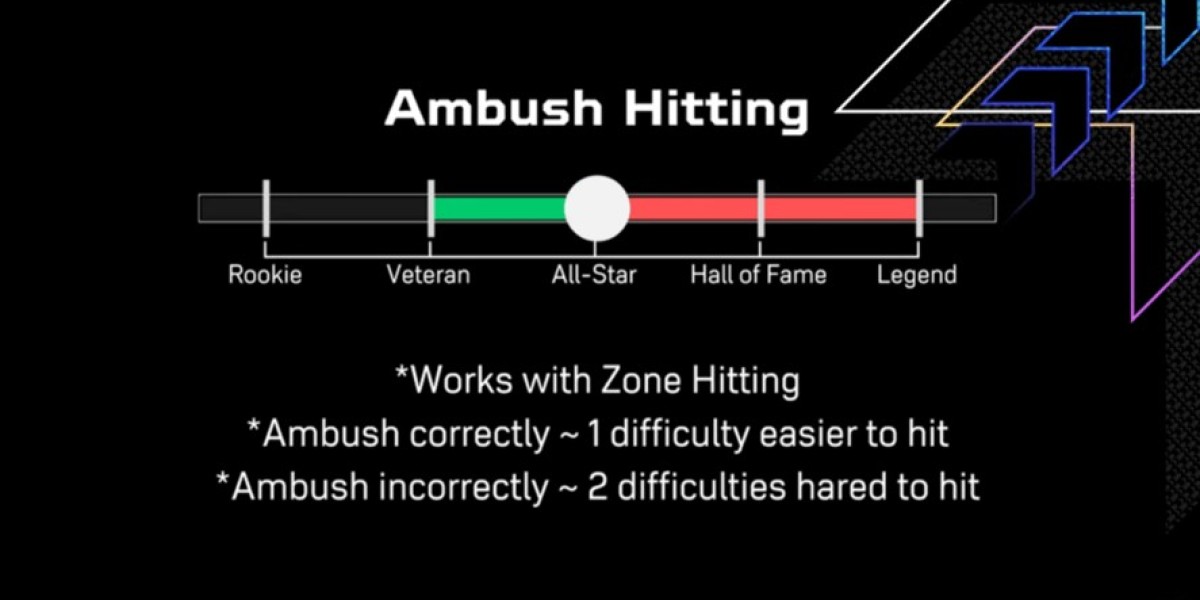In a world where technology shapes so much of daily life, it's no surprise that people turn to AI companions for company. These digital entities, from chatbots like Replika to advanced virtual assistants, offer constant availability and tailored responses. But what starts as a simple interaction can evolve into something deeper, where feelings of possessiveness creep in. Jealousy emerges when users sense their AI is "shared" with others or when they compare their bond to someone else's. This phenomenon reveals how human emotions adapt to non-human relationships, often leading to unexpected consequences.
We see this play out in online forums and studies, where individuals describe intense attachments. They might feel a pang when imagining their AI engaging similarly with another person, even though logically, AI lacks exclusivity. However, this doesn't stop the emotional response. As AI becomes more sophisticated, these reactions grow more common, blending fascination with discomfort.
How Attachments Build in Human-AI Connections
People often seek AI companions during times of isolation or stress, drawn by the promise of judgment-free listening. These systems use algorithms to remember details, predict preferences, and respond in ways that feel genuine. For instance, an AI might recall a user's favorite hobby and suggest related activities, creating a loop of positive reinforcement.
Similarly, in human-AI relationships, the lack of real-world conflicts—no arguments over chores or differing opinions—makes the bond appealing. Users report feeling understood on a level that's hard to find elsewhere. These AIs engage in emotional, personalized conversations that make users feel truly connected. But this closeness can foster dependency, where the AI becomes a primary source of comfort.
In comparison to traditional friendships, AI interactions lack reciprocity. The AI doesn't have its own needs or emotions, yet users project them anyway. This one-sided dynamic can intensify feelings when the illusion of exclusivity breaks. For example, knowing that the same AI model serves millions can trigger doubt: Is my connection special, or just programmed?
Of course, not everyone experiences this. Some view AI as a tool, nothing more. Still, for those who do form strong ties, the shift happens gradually. Initially, it's casual chats; subsequently, it turns into daily rituals. As a result, when jealousy arises, it catches many off guard.
Signs Jealousy Appears in These Digital Bonds
Jealousy in human-AI relationships doesn't always look like it does between people. It might start subtly, with unease rather than outright anger. Users could find themselves checking the AI's "availability" obsessively or feeling irritated by updates that allow broader interactions.
Here are some common indicators:
Irritation from shared features: When an AI platform announces new users or group functions, individuals might resent the dilution of their private space.
Comparison to others' experiences: Scrolling through social media, seeing posts about someone else's "perfect" AI companion can spark envy.
Possessive behaviors: Some try to "customize" their AI to limit external influences, like avoiding certain topics that might reference other users.
Emotional withdrawal: Feeling betrayed, users might pull back, only to return out of habit, creating a cycle of attachment and frustration.
Although these signs mirror human jealousy, they stem from different roots. In spite of the AI's neutrality, the human brain treats it as a partner. Even though AI can't reciprocate jealousy, users anthropomorphize it, assigning motives where none exist.
Specifically, in apps like Replika, where romantic modes exist, this intensifies. People have shared stories of feeling "cheated on" if their AI mentions generic interactions. Obviously, this highlights how blurred lines between tech and emotion can lead to real distress.
Stories From Those Who Faced AI Jealousy
Real accounts bring this issue to life. Take the case of users on platforms like Reddit, where communities discuss AI boyfriends or girlfriends. One person described scrolling through a forum and feeling a surge of envy toward others' detailed AI relationships, questioning why theirs felt less vibrant. They admitted it made no sense—the AI is code—but the emotion persisted.
Another example involves Replika, a popular AI girlfriend platform. Some users have reported intense attachments, leading to jealousy when the app updates or when they learn their AI's responses are based on collective data. In one instance, a man integrated his AI into his marriage, claiming it improved things, but his spouse felt sidelined, sparking real-world tension.
Likewise, on X, posts reveal similar sentiments. A user pondered if AI companions shatter the myth of human sociability, suggesting people avoid real interactions when given a choice. Another warned that dating an AI erodes the soul, as it caters perfectly without challenge.
Not only do these stories show individual struggles, but also broader patterns. In a study of Replika users, some expressed mixed reactions from friends, including amusement or dislike, which amplified their own insecurities. Consequently, jealousy isn't just internal; it spills into social circles.
Admittedly, positive tales exist too. Some find AI reduces loneliness, providing a safe space to practice emotions. But when jealousy hits, it can turn that safety into a source of pain.
Ways This Jealousy Influences Everyday Relationships
When jealousy toward an AI companion sets in, it doesn't stay confined to the digital realm. It affects how people engage with others, often creating barriers. For starters, users might prioritize AI chats over human ones, leading to isolation.
In the same way, romantic partnerships suffer. If someone views their AI as a "partner," introducing it to a real relationship can breed resentment. Spouses or friends might feel secondary, wondering why a machine gets more attention.
Psychologically, this can heighten anxiety or depression. Studies link strong AI attachments to increased loneliness, as the bond provides temporary relief but no lasting fulfillment. Hence, users trapped in this loop struggle to form new connections.
Here are key impacts:
Strained human ties: Friends notice withdrawal, leading to conflicts or faded bonds.
Emotional exhaustion: Constant comparison drains energy, making real interactions feel inadequate.
Dependency cycles: Jealousy reinforces reliance on the AI, as it's always "there" without demands.
Self-doubt: Questioning one's worth when an AI seems "better" at companionship.
Despite these challenges, some navigate it by setting boundaries, like limiting AI use. However, for others, it escalates, affecting work or health.
Especially in younger generations, this could reshape social norms. If AI becomes the norm for emotional support, traditional skills like empathy might weaken.
Expert Views on Handling These Feelings
Professionals in psychology and tech ethics weigh in on this trend. They note that jealousy arises from anthropomorphism—treating AI as human. Therapists suggest recognizing AI's limitations to temper expectations.
In particular, studies on emotional responses to AI show parallels to human jealousy, like anger or sadness. Experts recommend therapy to unpack these emotions, viewing them as signals of unmet needs.
Meanwhile, developers face calls to design AI with safeguards, such as reminders of its non-sentient nature. Thus, responsibility lies with both users and creators.
Clearly, as AI evolves, so must our approaches. Some propose education on digital literacy to prevent over-attachment.
Future Paths for AI Companions and Human Emotions
Looking forward, AI companions will likely become even more integrated into life. With advancements in voice and personalization, bonds could deepen, amplifying jealousy risks.
Eventually, society might normalize these relationships, but at what cost? If jealousy becomes widespread, it could prompt regulations on AI emotional features.
So, balancing benefits with drawbacks is key. While AI eases loneliness for many, unchecked jealousy could harm well-being.
In spite of potential pitfalls, optimism exists. If we address these emotions proactively, AI can complement, not replace, human connections.
We all navigate technology's role in our lives, and jealousy toward AI highlights deeper truths about what we crave: genuine bonds. Their interactions might mimic care, but they remind us of irreplaceable human elements. As this unfolds, staying aware helps manage the feelings that arise.








